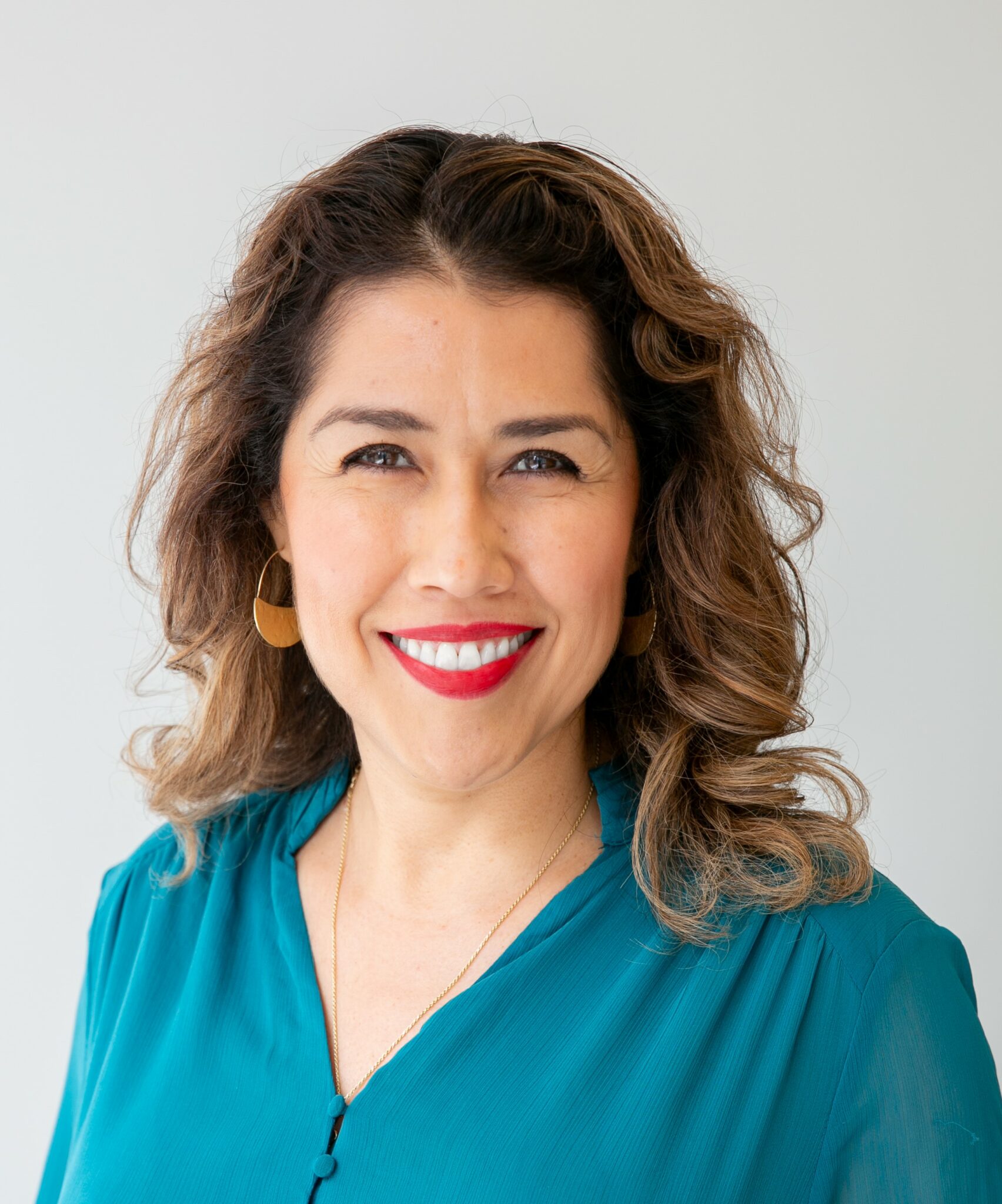Nursing continues to be one of the most promising career choices. No matter what happens in the world, there will always be a need for nurses. Today, a registered nurse provides more than just bedside care. They have roles to play in education, healthcare administration, and public health.
If you want to become a nurse, there are many things to consider, like what degree you will need and what kind of licensure is required. This step-by-step guide will answer the question of how to become a nurse.
Choose a Nursing Path
There are several ways to become a nurse. You can begin as a nurse assistant, study to be a licensed practical nurse (LPN), and then work your way up to become an RN. There is no right or wrong method to become a nurse. However, when you’re just getting started, the sheer quantity of alternatives might be overwhelming.
While there are several degree or certificate programs available, ultimately being a nurse is about the sort of license you want to have — you can have a bachelor’s degree, for example, or continue your education to get an advanced degree such as a Master of Nursing Science (MSN) or a doctorate.
Think carefully about your career goals before enrolling in nursing school. Because there are two primary educational pathways to become an RN, a two-year or four-year degree program, you’ll need to decide which is the best fit for your schedule and long-term goals.
Often, you can study to become a nurse online, then upgrade your education later to specialize or become a nurse practitioner. Accelerated nursing programs allow nurses to earn their BSN faster than usual. A bridge program can allow you to upgrade your nursing degree while you work.
Earn a Degree in Nursing
Once you map out your path to nursing, the next stage is to pursue an education and earn a degree. First, you’ll need to explore different nursing schools and then apply, which will typically require you to gather letters of recommendation, write the required essays, and take college entrance exams. You’ll almost certainly need to take the Test of Essential Academic Skills (TEAS) test as well as prepare for your entrance interview.
Once in nursing school, there will be both coursework and clinicals to complete before earning your degree. How long school takes will depend on the degree level you want.
Entry-level nursing – An entry-level nurse typically has at least an associate degree (two years of study) in nursing. More and more, nurses are extending their education to get a four-year degree, or BSN, for entry-level positions.
An entry-level nurse performs everyday clinical care responsibilities such as checking vital signs, offering bedside treatments, and administering medication. Most entry-level nursing roles are available in residential or health care institutions, hospitals, and assisted living or long-term care facilities. The exact duties differ depending on the state and your qualifications.
Advanced Nursing – Advanced practice nurses (APNs) or advanced practice registered nurses (APRNs) earn a master’s or doctorate, allowing them to seek higher-level responsibilities and more prominent roles. Nurses with advanced nursing practice credentials may be independent and manage primary patient care. They may work under the supervision of a physician or own a private practice, depending on the state. With proper licensure, they can diagnose patients, develop care plans, prescribe medication, and order tests.
APRNs frequently specialize in a field of medicine, such as:
- Obstetrics
- Family practice
- Perinatal care
- Critical care
- Diabetes or cardiac care
- Midwifery
- Anesthesiology
- Care coordination
- Community health
- Nurse education
- Public health
With an advanced degree, you are more likely to find administrative work, if that is your goal. A nurse manager, for example, is responsible for the clinical operation of different patient care units. An advanced degree is a critical part of each of these roles. In some cases, additional certifications are necessary to qualify.
Earn a Nursing License
The license is different depending on what level of nursing you pursue. All nurses sit for some type of national exam prior to qualifying for a license, though.
There are currently four types of nursing jobs that require a state-issued license, including:
- Certified Nursing Assistant (CNA)
- Licensed Practical Nurse (LPN)
- Registered Nurse (RN)
- Advanced Practice Registered Nurse (APRN)
The NCLEX exam, also known as the National Council Licensure Examination, is a standardized test used by every state regulatory board to assess if a candidate has the knowledge base to become a licensed nurse. The National Council of State Boards of Nursing administers this exam, and it is a necessary first step to getting a license as an entry-level nurse.
Nurses also take exams for advanced practice and specialties. For example, a family practice nurse practitioner must sit for the national FNP licensure exam provided by the American Nurses Credentialing Center (ANCC) or the American Association of Nurse Practitioners (AANP).
Someone studying to be a nurse anesthetist would need to take the Certified Registered Nurse Anesthetist (CRNA) exam. Most specialties have a certification exam that nurses take to get the credentials to practice.
Licensure qualifications vary from state to state. It’s essential to research the criteria for licensure in your state to see what additional education, certification, or clinical training might be required. They may also ask for recommendations to support your application for a nursing license.
States also require background checks, English proficiency, and drug testing. Certain states will issue temporary licenses while you wait for your regular license to be processed. Your temporary license may be subject to various restrictions. For example, you may be permitted to work only under supervision. Since not all states provide this option, you need to plan ahead and give yourself time to get the license.
Find Employment
With your education and credentialing complete, it’s time to find employment as a nurse. Following these tips can help you find the job that’s right for you:
- Be patient – There is currently a nursing shortage, so you can take your time to find the right position. Once you know what work environment you want, such as a hospital, clinic, private practice, or long-term facility, you should be able to negotiate your salary and schedule. Some employers offer a signing bonus to attract the top nursing talent.
- Network as much as possible – Start with the nursing school. Do they offer job placement assistance? Also, talk to other nurses to see what they hear about different employers. You can join national organizations and sites like LinkedIn to network with other members and find the best job opportunities.
- Make sure your resume is up to date – List all your past work experiences, your education, degrees, and certifications. Double-check for grammar and spelling errors.
- Check the required qualifications before applying – Make sure you have the proper qualifications before filling out an application or sending a resume. If you waste the time of the human resource department or other decision-makers, you may burn a bridge that you could use in the future.
- Make sure the job makes sense for you – Look at the location, travel routes, and schedule to see if it fits your lifestyle. How long are the shifts, for example, and how many days a week will you work? How does that fit in with your other responsibilities like parenting or even school if you are working toward an advanced degree?
- Get recommendations – Some employers will look for professional recommendations. Even if you are new to nursing, you may be able to provide a recommendation from a past employer for any job.
- Follow up – Once you send an application out, give it a few weeks and then check in with the employer to verify they’ve received it and whether they have any questions. Start with an email and if you don’t get a response, consider making a phone call.
Plan for Additional Training
Nursing school is just a starting point. Being a nurse means being ready to spend your life learning. Nurses continue to study throughout their careers in order to gather the information that will allow them to meet their scope of practice and standards of care successfully. It might include official or informal educational opportunities like:
- Attending conferences or seminars
- Enrolling in specialization programs
- Getting certifications
Taking the lifelong learning approach can open doors for you and advance your nursing career. Basic continuing education credits are necessary to maintain your nursing license. You can expand on that, though, and take an online graduate course or even study an associated field such as psychiatry, public health, or business administration.
The more nursing skills you have, the more opportunities will present themselves to you throughout your career. Better jobs mean higher salaries and a more satisfactory work environment.
As a nurse, having a well-organized, continuing professional development program is essential. Often, your employer may be the best resource for advancing your studies. They may provide programs to support your career advancements, such as training or tuition assistance.
One of the less tangible but equally significant motivations to improve your nursing profession is increasing job satisfaction. This is a fact that many healthcare employees recognize. With more education, you can take on greater responsibilities and get better compensation.
The path to becoming a nurse is not an easy one, but it will be rewarding. It all starts with the first application to get into nursing school. As a nurse, you have the opportunity to make a difference in people’s lives, not to mention the job security and a good salary.
If you are interested in learning more about earning your nursing degree online from Pacific College of Health and Science, visit admissions or contact us today.
Featured Posts:

